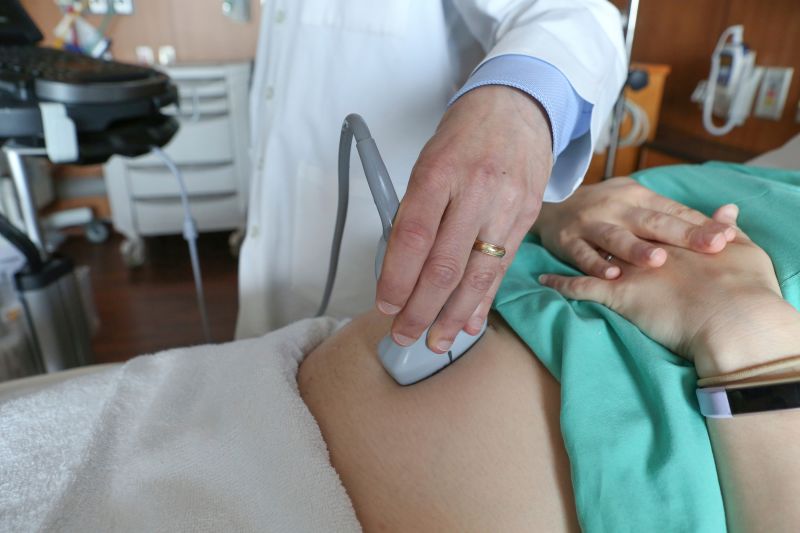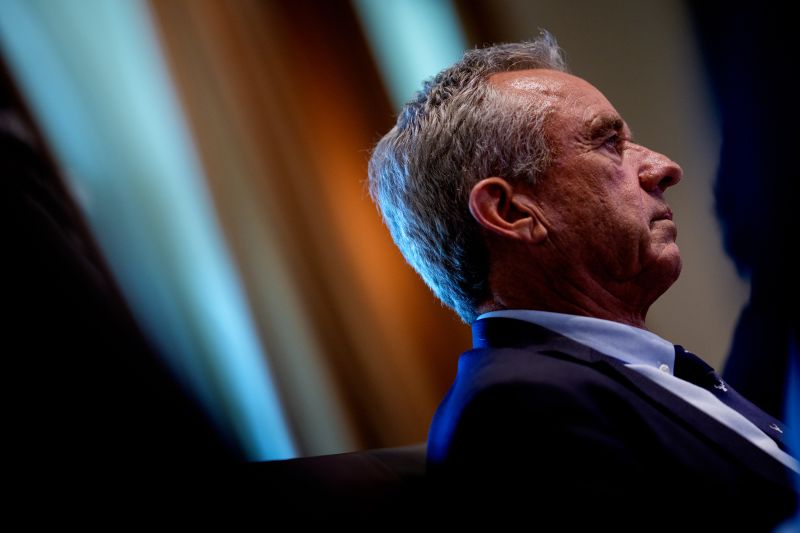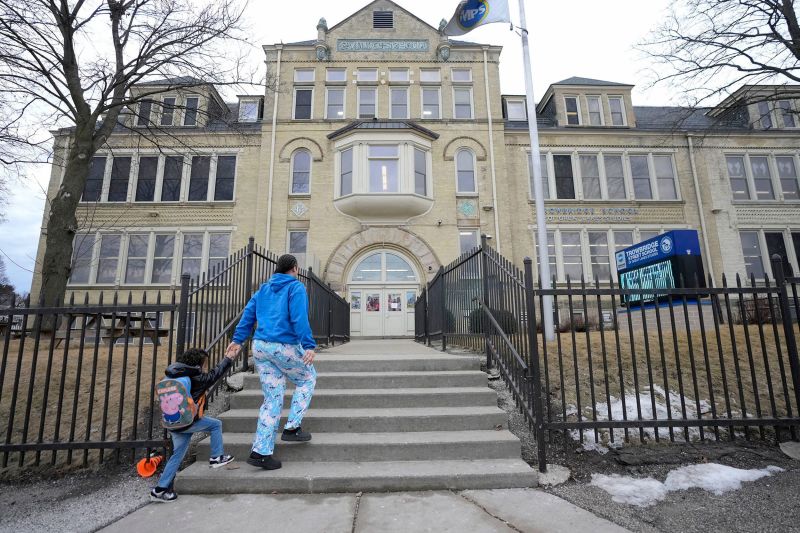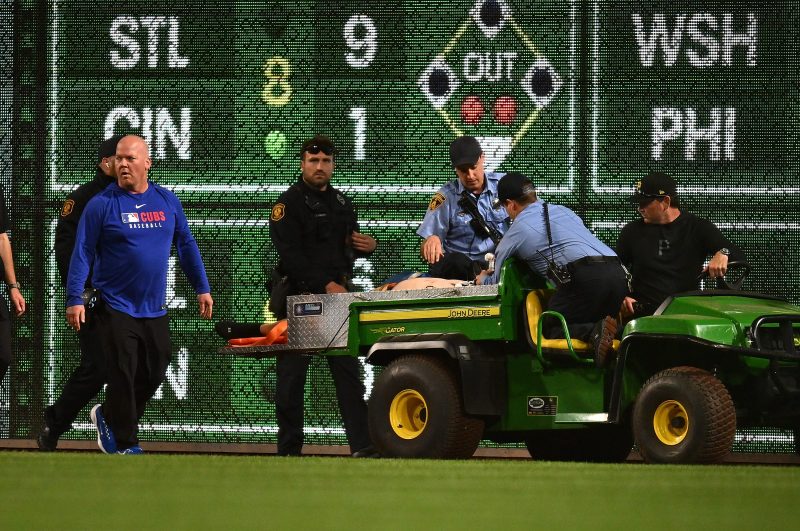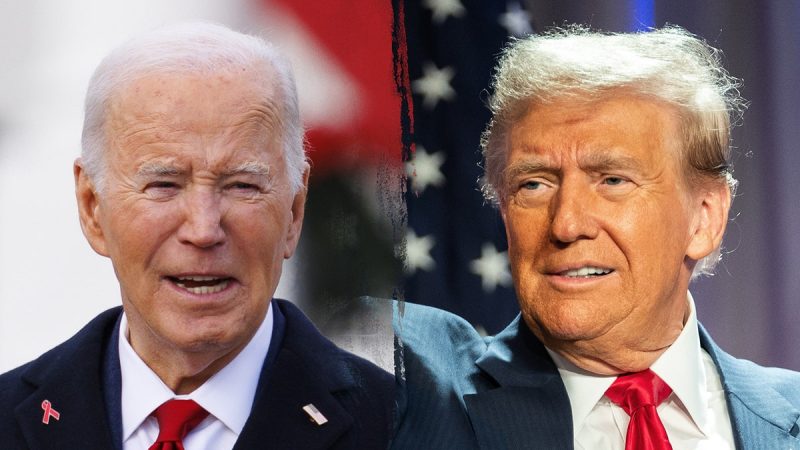Despite pledge to expand naloxone access, Trump administration proposal would cut overdose prevention programs
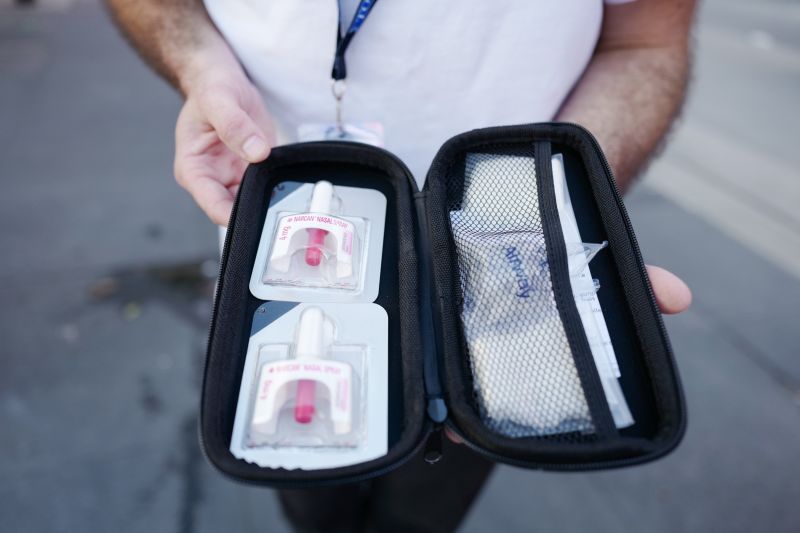
The Trump administration has named overdose prevention among its top drug policy priorities, but a preliminary budget proposal that was recently leaked suggests that it would cut about two dozen substance abuse prevention and treatment programs.
In a document published last month by the president’s Office of National Drug Control Policy, the first strategy listed under the first objective reads: “To combat the drug crisis and the opioid epidemic, largely driven by fentanyl, the Administration will expand access to overdose prevention education and life-saving opioid overdose reversal medications like naloxone.”
However, among the potential cuts listed in the budget proposal in April was a program that directly expands access to naloxone: a $56 million annual grant through the Substance Abuse and Mental Health Services Administration, or SAMHSA, that helps distribute kits and trains first responders and others on how to use them.
In fiscal year 2023, the First Responders-Comprehensive Addiction and Recovery Act, or FR-CARA, program distributed more than 101,000 opioid overdose reversal medication kits and trained nearly 77,000 people on how to administer them, according to a budget request document from SAMHSA. Plans for fiscal year 2024 raised that goal to distributing 130,000 kits and training tens of thousands more.
Spokespeople from the White House Office of Management and Budget and the US Department of Health and Human Services said that no final decisions have been made about the upcoming fiscal budget, including potential cuts to the naloxone program. A reorganization at HHS will consolidate SAMHSA under the new Administration for a Healthy America, an effort that the agency says is meant to “more efficiently coordinate chronic care and disease prevention programs and harmonize health resources to low-income Americans.”
But advocates worry that the loss of a key part of the strategy to address the overdose epidemic in the US could set progress back.
“The Administration recently renewed the opioid public health emergency but at the same time it’s calling for the elimination of programs that are working to bring down overdose death rates. These actions make the emergency declaration ring hollow and worse still, if the programs are eliminated, will have serious negative impacts on communities nationwide.”
The Cherokee Nation has received about $1 million through the FR-CARA grant, which it has put toward the tribe’s harm reduction program. It estimates that 25,000 kits with Narcan – one of the brand names of naloxone – have been dispersed to law enforcement, schools and communities in northeastern Oklahoma.
Annual overdose deaths have dropped about 23% since reaching a peak in mid-2023, according to provisional data from the US Centers for Disease Control and Prevention. Experts have said that the decrease is probably the result of a wide range of persistent efforts starting to make an impact – including expanded access to naloxone.
Despite the hopeful trend, more people are dying from overdose now than before the Covid-19 pandemic, and experts say it’s not the time to be complacent.
“I’ve been working on this issue for almost two decades, and I’m very scared at what’s going to happen and what lies ahead, because it’s not just about getting rid of bureaucrats, it’s about undermining the entire system we’ve spent decades building up,” LaBelle said. “I’m really afraid of going backwards.”
HHS Secretary Robert F. Kennedy Jr. has talked about his own 14-year heroin addiction and recovery but has generally focused on the importance of preventing addiction through faith and community.
At a drug summit in Nashville last week, Kennedy called addiction “a source of misery but also a symptom of misery.” He emphasized that young people need a sense of purpose in their lives to prevent them from turning to drugs – even suggesting that banning cell phones in schools could help decrease drug addiction.
He did not address recent cuts to HHS that many fear could jeopardize public health, including overdose prevention.
